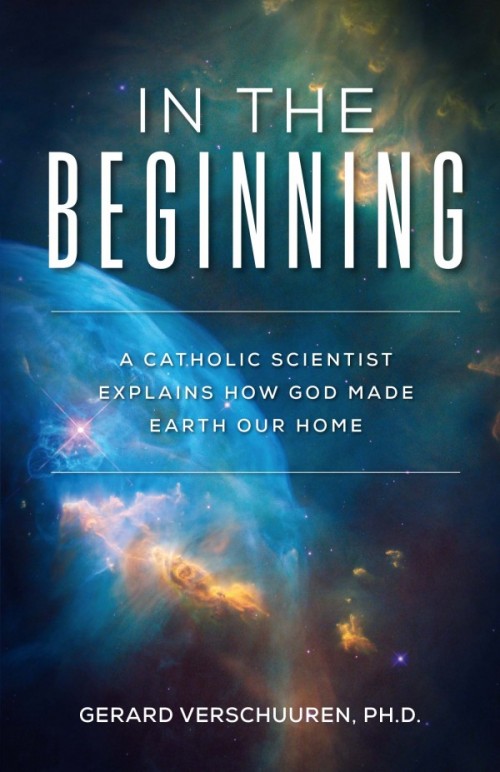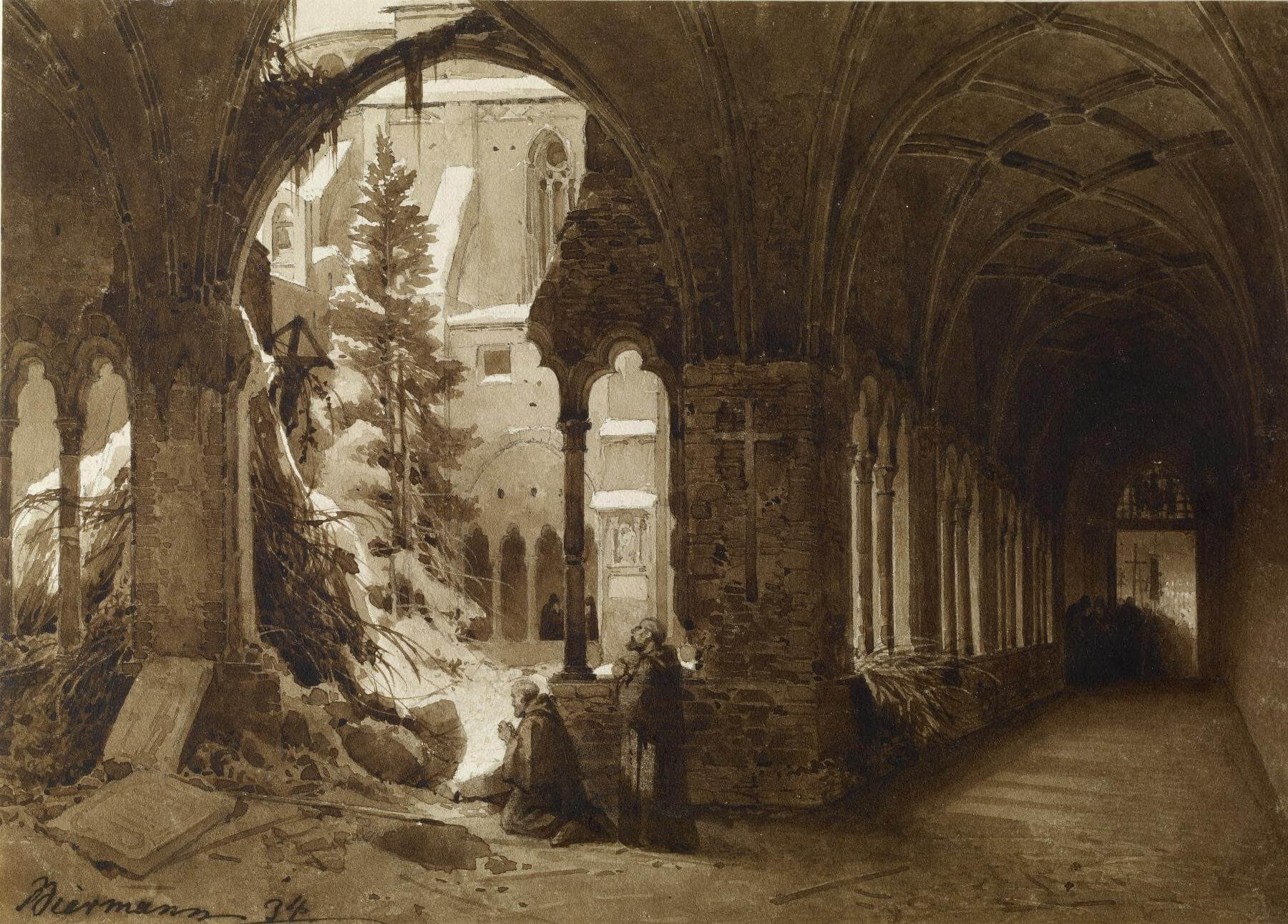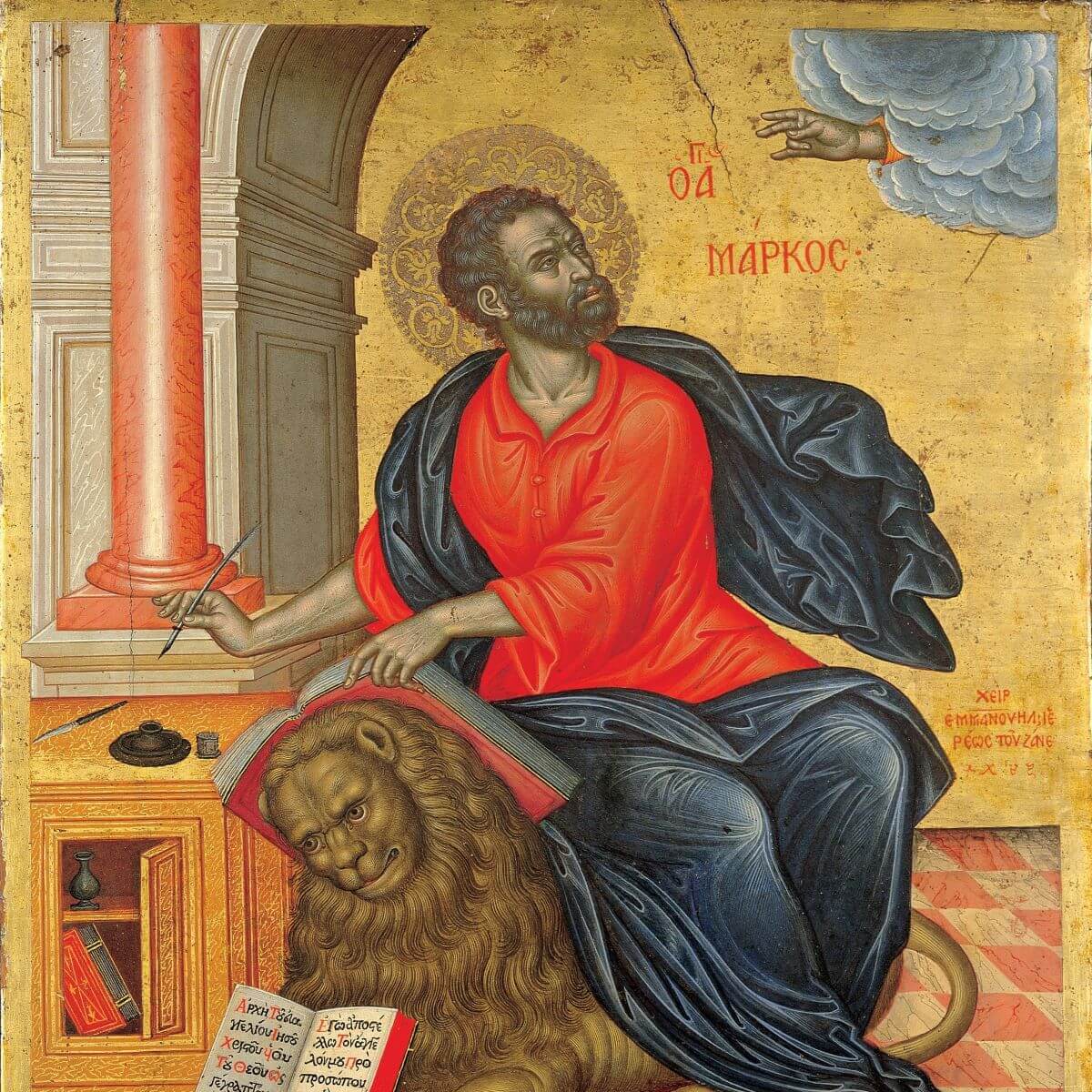The real “Big Bang” theory actually wasn’t called that. “Big Bang” was a derisive name invented by a scientist who disagreed with Fr. Georges Lemaitre’s “primeval atom” theory.
Georges Lemaitre was born in Belgium at the end of the 19th century. His interest in math and science was sparked during World War I as he operated artillery units.
After the war, he became a priest. He obtained permission to continue his studies and went to university in England and America, earning his doctorate in cosmology.
Combining Einstein’s discoveries on gravity with parts of other scientists’ theories, Fr. Lemaitre proposed his “primeval atom” theory in 1929. The theory suggested that the universe emanated from one point and was expanding. Universal inflation began when the original point—the primeval atom—exploded.
Fr. Lemaitre’s theory was the only one which explained all the scientific data available at the time; at the same time, it proved that the universe was not an eternal, unchanging force, but something that had a beginning. Fr. Lemaitre’s “Big Bang” was in total agreement with the idea of a Creator and suggested a means by which God might have created the universe.
The more we learn about the universe and the earth, the more we see God’s hand in them. They were created, and the earth especially was created with us in mind. In the Beginning: A Catholic Scientist Explains How God Made Earth Our Home refutes the idea of “a universe by chance,” exploring the fascinating facets of our amazing universe that prove its origins in the mind of an intelligent, all-powerful, and loving Creator. This will become your favorite science book of all time! Get your copy today at The Catholic Company!



























